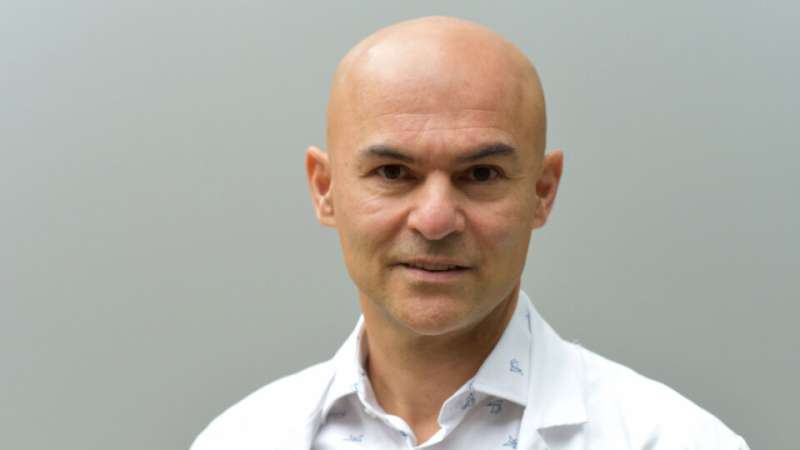ECT more effective than ketamine in severe depression

Researchers at Lund University in Sweden have compared the effects of intravenous ketamine treatment with ECT (electroconvulsive therapy) treatment in severe depression. The results support the view that ketamine is a possible treatment, but also show that ECT treatment helps more people.
In recent years, ketamine has emerged as a new treatment for depression, after studies have shown it to be a fast-acting antidepressant.
"However, the previous studies have all been small with a short follow-up period, so this is the first major randomized clinical study," says Pouya Movahed Rad, researcher at Lund University and consultant psychiatrist, who led the study.
The researchers examined the antidepressant effect of ketamine and compared it with ECT, currently the preferred treatment for very severe depression.
"Ketamine is a controlled drug and needs to be given under supervision, while ECT can cause temporary memory side effects and is resource-intensive as the patient needs to be anesthetized," says Pouya Movahed Rad.
A total of 63 percent of the patients in the ECT group recovered after the treatment, compared with 46 percent among those who received racemic ketamine intravenously.
While both ECT and ketamine can successfully treat a severely depressed patient, they may not always cure the underlying condition, as depression is generally recurrent. Approximately as large a proportion in the ECT group as in the ketamine group had a relapse within 12 months.
"We did not see the rapid effect of ketamine that other studies have shown. Instead, our results indicate that the effect is cumulative, and increases with the number of treatments. Older people generally responded less well to ketamine, while younger people responded as well to ECT as to ketamine," says Pouya Movahed Rad.
Six treatment sessions were required for both treatments in order to have a full recovery. More participants in the ketamine treatment chose to leave the study, than in the group treated with ECT.
"The group we studied had been offered ECT, but about half of them were now randomized to participate in the intravenous ketamine group. This may have been important because some of the participants chose to discontinue the ketamine treatment prematurely," says Pouya Movahed Rad.
In the group that received ECT, however, it was somewhat more common with persistent memory difficulties.
"Our results suggest that intravenous ketamine does not cause serious side effects in this patient group. No treatment should be overused, but ketamine should be an acceptable alternative for patients with severe depression. We want to continue by studying the blood samples and other data that we have collected, to see if we can find markers that help us choose the right treatment for the right patient," concludes Pouya Movahed Rad.
More information: Joakim Ekstrand et al, Racemic ketamine as an alternative to electroconvulsive therapy for unipolar depression. A randomized, open-label, non-inferiority trial. (KetECT), International Journal of Neuropsychopharmacology (2021). DOI: 10.1093/ijnp/pyab088



















